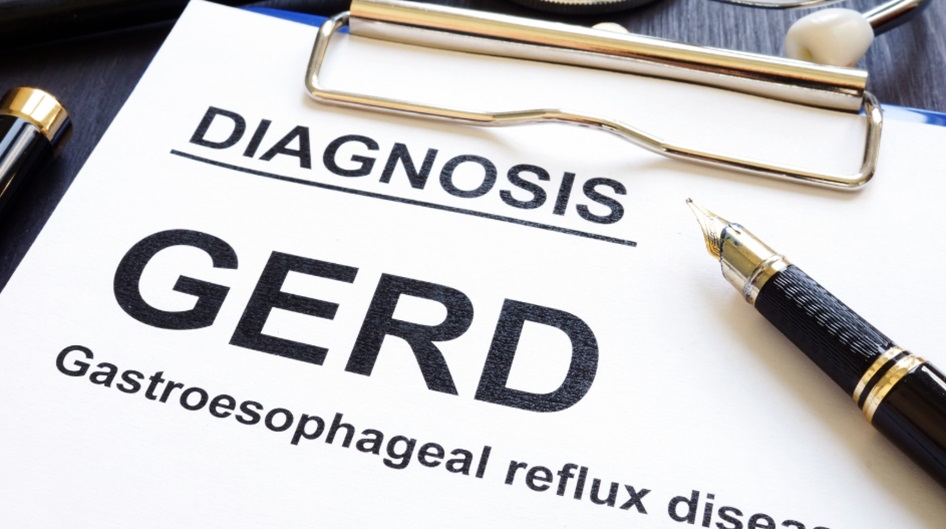Gastroesophageal reflux disease (GERD) is a chronic condition that causes acid from the stomach to flow back into the esophagus, leading to discomfort and potential complications. Individuals experiencing persistent acid reflux can benefit from exploring effective GERD treatment in Cobb County. From lifestyle modifications to surgical interventions, various treatments are available to manage GERD and improve quality of life.
By understanding the different treatment options, patients can work with their healthcare providers to find a solution that best meets their needs and provides long-term relief.
Lifestyle Modifications and Home Remedies
Dietary Changes
One of the first steps in managing GERD involves making dietary adjustments. Patients are encouraged to avoid trigger foods such as:
- Fatty or fried foods
- Spicy foods
- Caffeine and carbonated drinks
- Citrus fruits and tomatoes
Eating smaller meals and avoiding late-night eating can also help reduce acid reflux episodes.
Weight Management
Carrying excess weight, especially in the abdominal area, can put added pressure on the stomach and exacerbate GERD symptoms. Achieving a healthy weight through balanced nutrition and regular physical activity is essential for effectively managing GERD symptoms.
Lifestyle Adjustments
Other modifications, such as elevating the head while sleeping, avoiding smoking, and wearing loose-fitting clothing, can help reduce symptoms and improve comfort.
Medications for GERD
Antacids
OTC antacids offer fast relief by helping to neutralize stomach acid. While effective for occasional symptoms, they are not a long-term solution for chronic GERD.
H2 Blockers
H2 blockers, like ranitidine and famotidine, decrease acid production and offer longer-lasting relief than antacids. These medications help manage mild to moderate symptoms.
Proton Pump Inhibitors (PPIs)
PPIs like omeprazole and esomeprazole are commonly prescribed for chronic GERD. These medications greatly reduce stomach acid production, helping the esophagus heal and preventing additional damage.
Patients experiencing persistent symptoms despite medication should consult a specialist for further evaluation, as untreated GERD can lead to complications. Understanding what happens if acid reflux and GERD go untreated is crucial, as ignoring symptoms can lead to severe complications such as esophagitis, ulcers, or even Barrett’s esophagus.
Advanced GERD Treatments
Endoscopic Procedures
For patients who do not respond to medications, minimally invasive endoscopic treatments may be an option. These procedures involve tightening the lower esophageal sphincter to prevent acid reflux. Endoscopic therapies offer quicker recovery time compared to traditional surgery.
Surgical Interventions
When lifestyle changes and medications fail, surgical treatments may be necessary to address severe GERD. Standard surgical options include:
- Nissen Fundoplication: This procedure wraps the upper portion of the stomach around the esophagus to reinforce the lower esophageal sphincter and stop acid reflux.
- LINX Procedure: A magnetic ring is placed around the esophagus to provide additional support while allowing food to pass through.
Surgery offers long-term relief for patients with severe symptoms or complications like esophageal damage.
Preparing for GERD Treatment
Preparing for a GERD consultation is essential in determining the most effective treatment. Patients should be ready to discuss their symptoms, triggers, and any previous treatments they have tried. To make the most of the appointment, consider exploring this guide on preparing for GERD consultation questions to ask your surgeon, which offers valuable tips and questions to ask your surgeon.
Conclusion
Effective management of GERD requires a personalized approach that considers the severity of symptoms and individual patient needs. Whether through lifestyle changes, medications, or surgical options, GERD treatment offers solutions to provide relief and prevent long-term complications. By working closely with healthcare providers and exploring available treatment options, individuals can take control of their condition and improve their quality of life.

